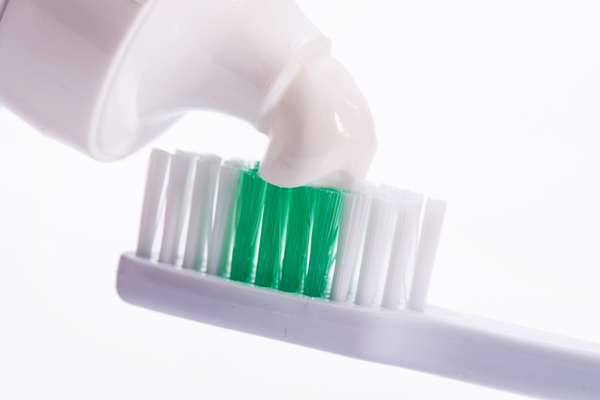
What Can I Do About Sensitive Teeth?
Simply put, tooth sensitivity can be characterised as experiencing pain or discomfort in your teeth when exposed to certain stimuli.
Tooth Sensitivity
11 July 2022
Having a large impact on the foods you’re able to eat and the way you enjoy your life, sensitive teeth can be a very real problem. It’s often misunderstood that sensitivity only applies to cold foods, however, sensitivity can be experienced when consuming cold and hot food or drinks. Other common triggers include sugary sweet foods, highly acidic foods and alcoholic beverages.
What Is Tooth Sensitivity?
Like most medical conditions, there can be a variety of factors that influence the symptoms you feel. Simply put, tooth sensitivity can be characterised as experiencing pain or discomfort in your teeth when exposed to certain stimuli. This condition is often also referred to as dentin hypersensitivity. Your tooth is composed of two different layers. The hard outer enamel coating and the dentin layer underneath. The dentin is much closer to the tooth’s nerve and experiences greater sensation than the enamel. Everyday factors like the foods we eat and how well we look after our teeth can slowly degrade the outer enamel, leaving less protection for the dentin and allowing us to feel more pain or discomfort in our teeth.
What Causes Enamel To Break Down?
- Grinding your teeth during the day or while you sleep
- Poor oral hygiene
- Brushing your teeth too hard
- Plaque building up on your teeth
- Your diet. Regularly consuming high sugar and highly acidic foods and drinks
- Medical conditions such as Acid Reflux
- Cavities, cracked teeth or any damage to the tooth
- Whitening too often or using the wrong products on your teeth
Are There Alternatives To Root Canal Treatment?
While many individuals experience sensitivity as a lifelong condition, there are instances where it may present itself more abruptly. Sudden and severe sensitivity in a localised region or single tooth is usually caused by a condition that will need to be addressed as soon as possible. It’s likely that, in this case, your tooth or gums have experienced some damage and you now have exposure to the tooth’s root. Your dentist will be able to test the pain site and determine what the best course of action is.
Tips To Reduce Sensitivity
While many individuals experience sensitivity as a lifelong condition, there are instances where it may present itself more abruptly. Sudden and severe sensitivity in a localised region or single tooth is usually caused by a condition that will need to be addressed as soon as possible. It’s likely that, in this case, your tooth or gums have experienced some damage and you now have exposure to the tooth’s root. Your dentist will be able to test the pain site and determine what the best course of action is.
- Use sensitive toothpaste – There are many specially formulated toothpastes available over the counter. These products work by gradually filling in the microscopic holes in your enamel and may take time to work their effect. Ask your dentist about which one they recommend for you.

- Using a softer toothbrush – While it’s important to clean your teeth thoroughly, you don’t require much pressure to do the job. Using a softer toothbrush head on your electric toothbrush or a softer bristled manual toothbrush can help.
- Fluoride – A flouroid solution can be applied to your teeth by a dental professional. This will help to strengthen the enamel.
- Mouthguards – If you’re a grinder, using a mouthguard will prevent you from grinding your teeth at night and eroding away that outer layer of enamel.
- Maintaining a healthy diet – Making sure you limit the amount of high sugar and high acid foods you consume will not only help your teeth but also have a positive effect on the rest of your body.
How Can Innovative Dental Help?
If your sensitive teeth are providing too much to manage on your own, visit Innovative Dental to find a suitable solution. Whether you require a comprehensive clean or a more invasive treatment, we’ll use our years of experience and advanced equipment to establish the cause of your pain and recommend the best course of action. Book in for an online appointment or call us on 03 9346 8333 – We’re available Monday to Thursday and alternating Saturdays.





